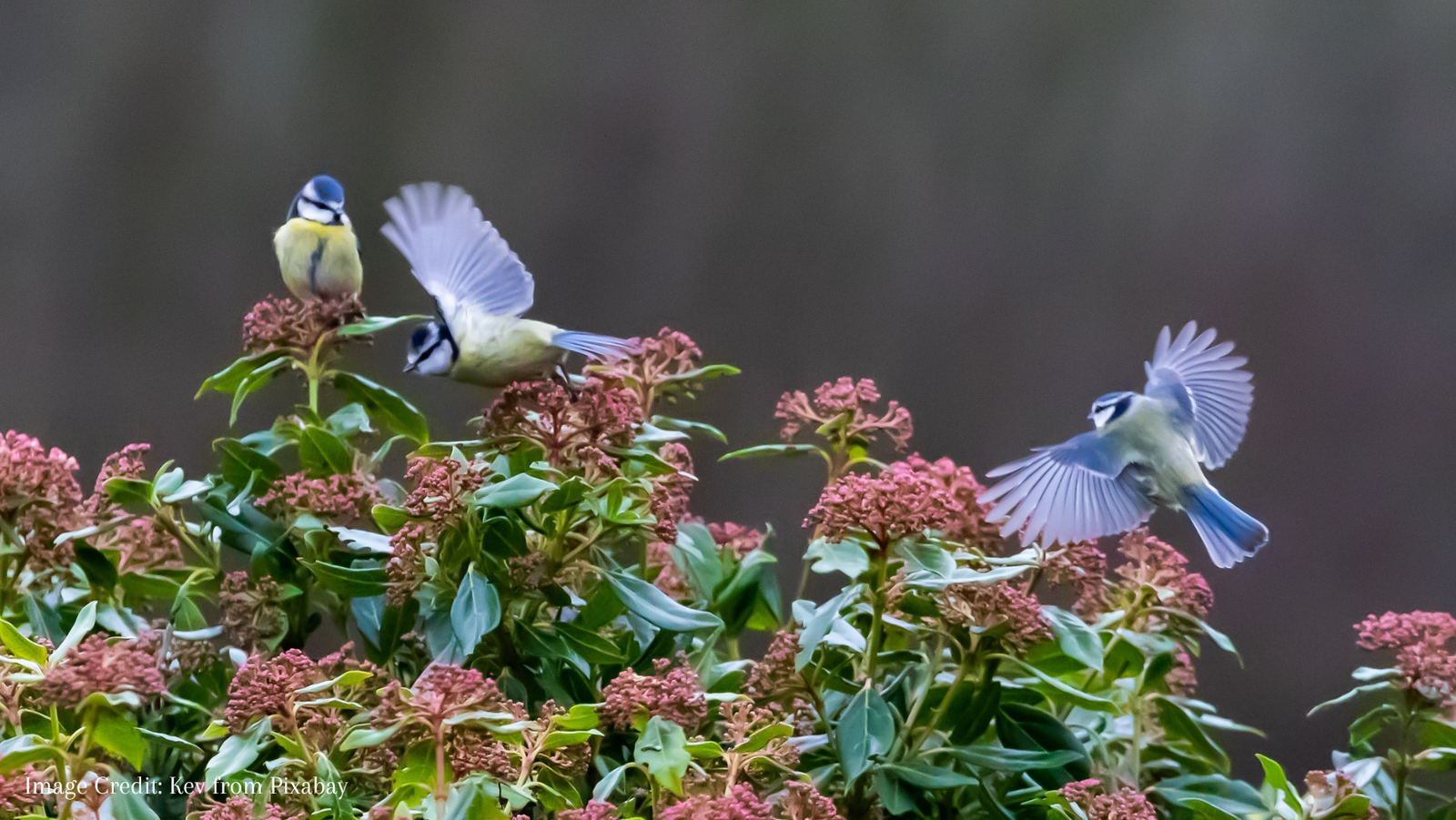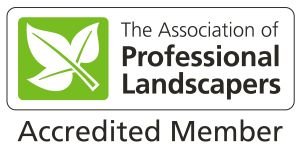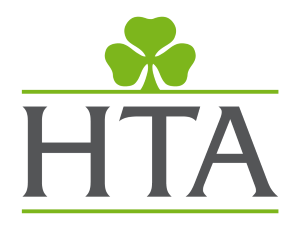
Why you need to take part in the Big Garden Birdwatch
Birds in the sky and on the land around us are one of the most important indicators of the health of our surroundings. They live on the plants, insects and animals that grow on our wild and cultivated land. Birds are in trouble and we must help.
In the last 50 years the UK has lost nearly 40 million birds across many different species. Birds that live in upland areas, woodland birds, wetland birds, those that live on farmland and garden birds – all are declining. So how can we keep track of what’s happening and what can we all do to stop the decline?
The importance of monitoring
The BGB is a great way to help track the number of each species visiting UK gardens year on year, This data is then analysed by the RSPB to understand what and why changes are happening, both good and bad. This helps them to work out how to best to respond to these changes.
Some of the things that have been learnt from the results over the last 20 years, with different species telling us different things:
- In 2021 the number of Jays, which survive mainly on acorns in the winter, increased in our gardens by 73% – this coincided with a reduced supply of acorns in 2021 after a bumper crop in 2020.
- House sparrows, by contrast, are declining seriously across parts of the UK as a result of changes in the wider countryside – around 60% of house sparrows have been lost since the mid-1970’s.
- Greenfinches, Goldfinches and even Chaffinches have seen a devastating decline in population caused by a disease spread by contaminated bird baths and feeders.
What can we do?
Feed the birds.
While the RSPB helps to raise awareness to tackle some of these bigger issues, you can make a difference too. Our gardens are the refugee camps of the bird world, so regular food and water is vital in times of crisis.
Garden birds need predictability and reliability when it comes to food. If they come to rely on food and water in your garden and suddenly, particularly in a cold spell, you stop feeding them, they will die. So here are a few tips:
- put out food and water throughout autumn, winter and early spring, ideally weekly, when native food sources are low
- provide a variety of natural foods
- nuts for Tits and Greenfinches
- seeds for Goldfinches, Robins and Sparrows
- meal worms for Robins, Blackcaps and Chiffchaffs
- clean water bowls and feeders every month to avoid the spread of disease
- provide a safe habitat for nesting – nesting boxes, hedges, trees and dense shrubbery
Birds are for life, not just for Christmas
While feeding the birds in winter helps them through crisis, we all need to work towards longer term solutions. We need a much healthier landscape beyond our gardens; we need to regenerate agricultural land, dramatically reduce intensive farming and use of pesticides and re-wild our gardens and landscape to bring back wildlife. Watch this space for more ways that you can make a difference.









